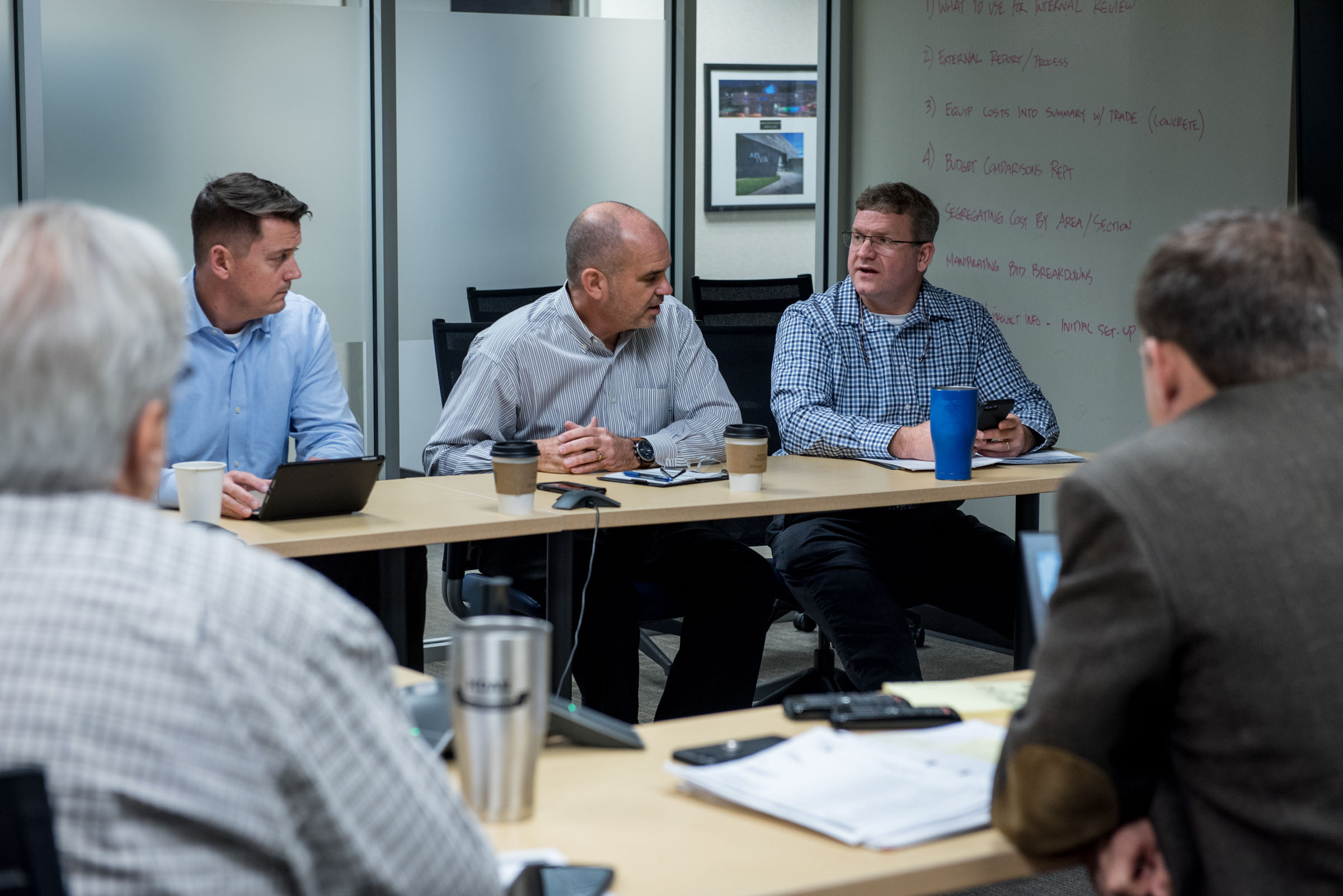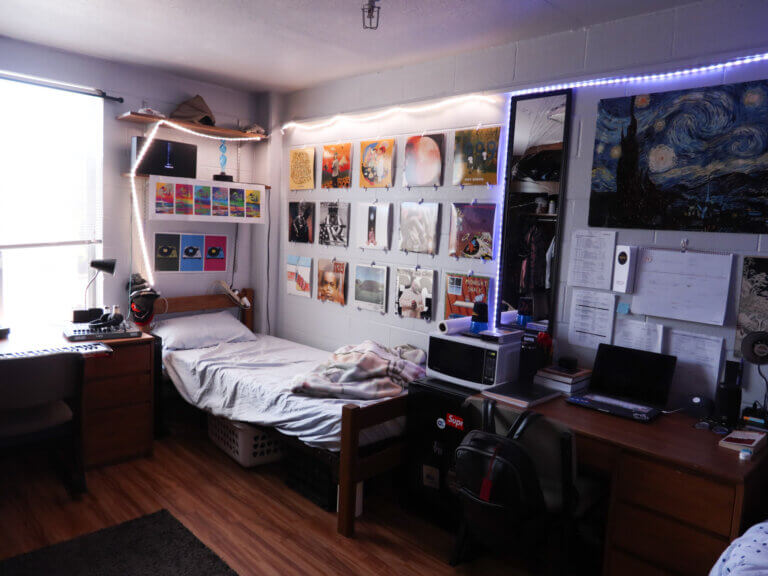
In construction, it’s not all about technical jargon or knowing how to read the blueprints. While that certainly is helpful, when we’re looking for new employees there are many softer skills that we also need potential team members to master and understand.
Being tenacious. If you are tenacious, you are persistent and determined. We are looking for persistence in maintaining our culture and values on our job sites and in our offices. We are looking for people to be diligent in adhering to our processes and expectations when it comes to safety and quality; to hold yourself and others accountable for meeting and surpassing what is needed to make a job great.
Along with this, we want people to have a sense of ownership. You don’t have to know it all, but you have to be tenacious in doing whatever it takes to figure it out. And if you’re working in the field, this also requires having a sense of urgency. Things happen quickly and decisions need to be made quickly to meet schedules and budgets.
Being proactive. When you’re proactive, you’re causing something to happen rather than responding to it after the fact. One of the things we pride ourselves on is our attention to detail. The devil is in the details, and you must be willing to dig deeper than the drawings and see what’s not there. You have to have the ability and drive to pre-plan, to identify and prevent potential problems.
Being proactive and planning ahead takes a great deal of organization and time management skills. To build things right and build them to work, we have to ensure all the parts and pieces fit together; nothing is too small. This all translates to a better project.
Being a creative problem solver. If you’re a creative problem-solver, you are always looking for new ways to take on the challenges of everyday construction. For us, this means you’re defining the problem and determining what’s been done before and how to make that even better. It’s about using established lean practices like PDCA (Plan, Do, Check, Act) to make continuous improvements.
It’s also about learning from your mistakes. Mistakes are OK, even necessary to some degree to learn when you are just getting started in a career. But once you’ve made a mistake, you need to learn from it and not repeat it.
You also have to be flexible. You need to be able to read a room and change your approach to fit the situation and accomplish your goals.
The future is bright for the construction industry, as we continue to see growth and the need for more and more people to work in our industry.

